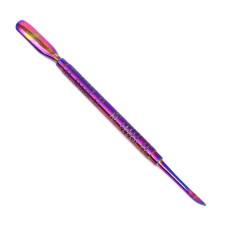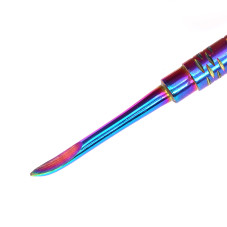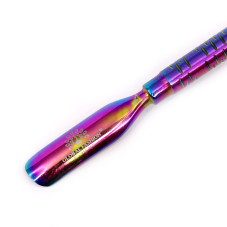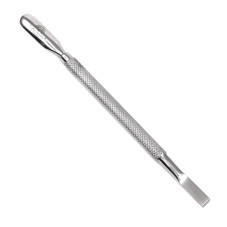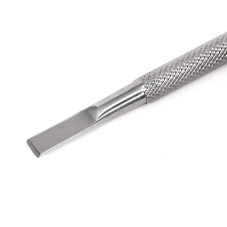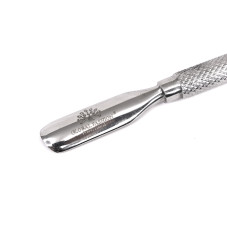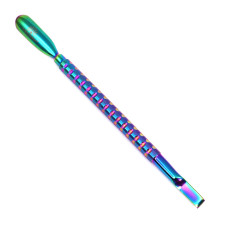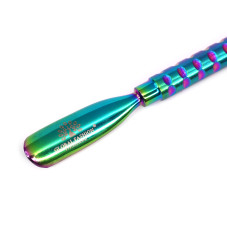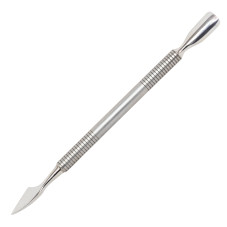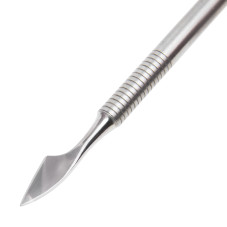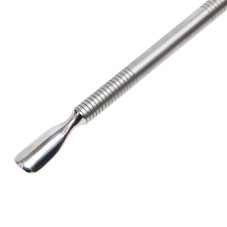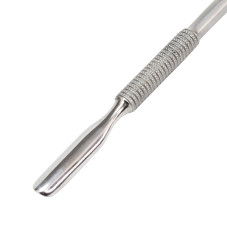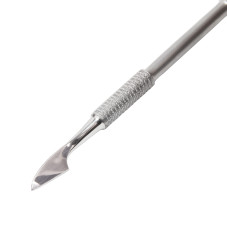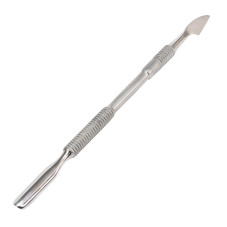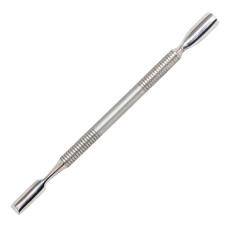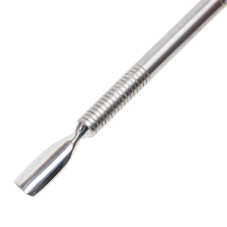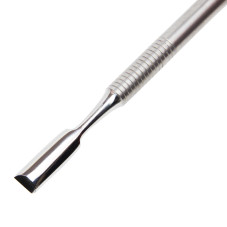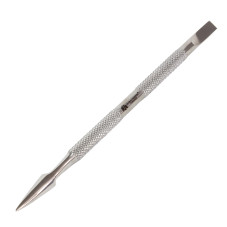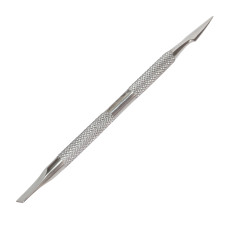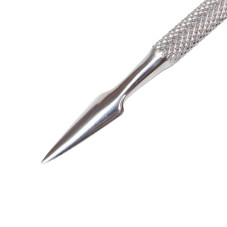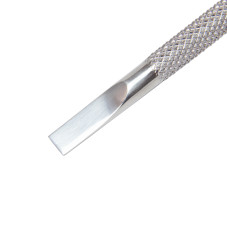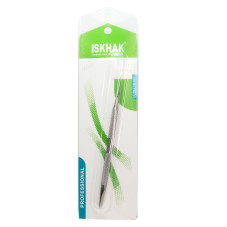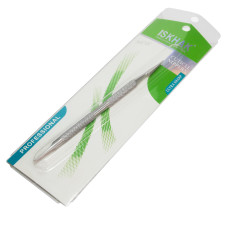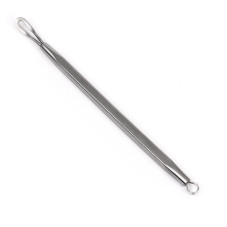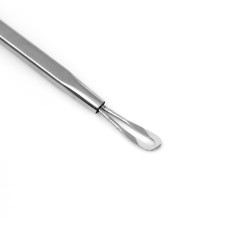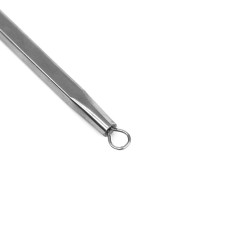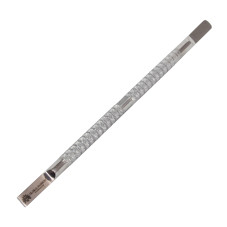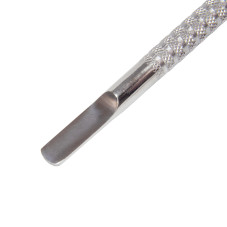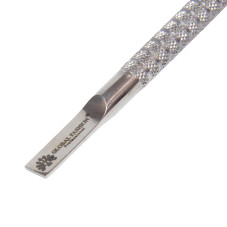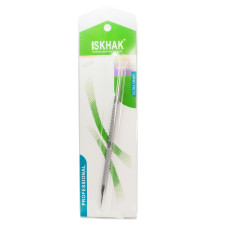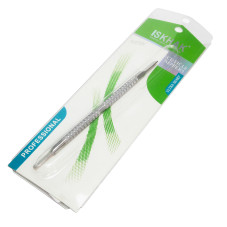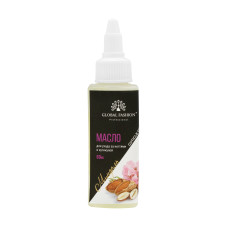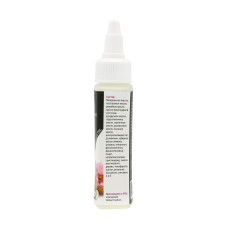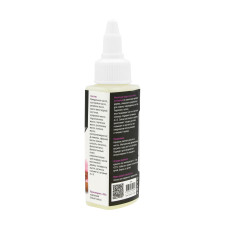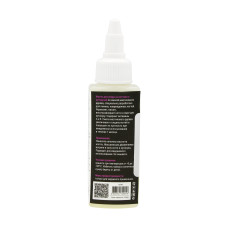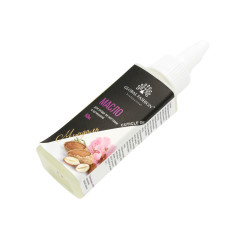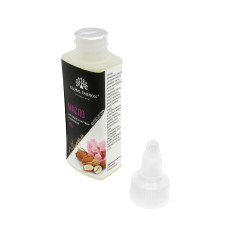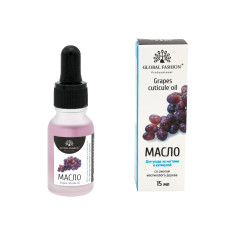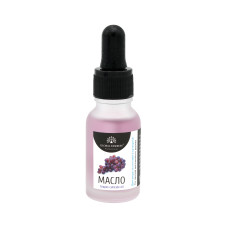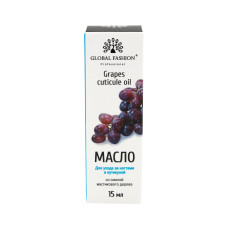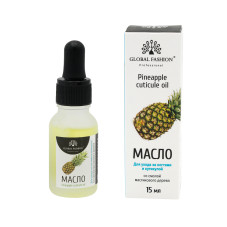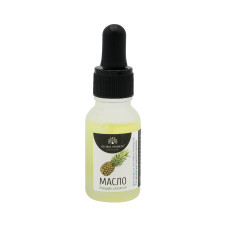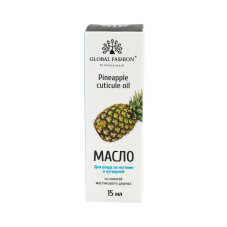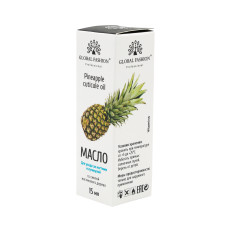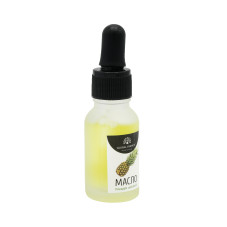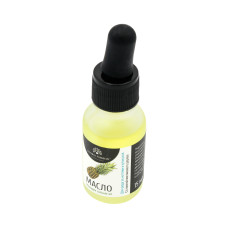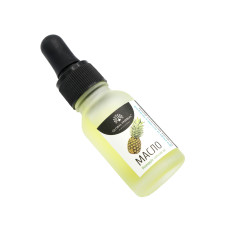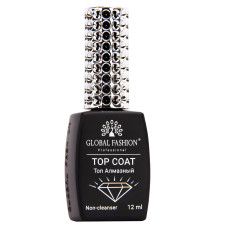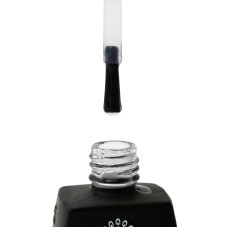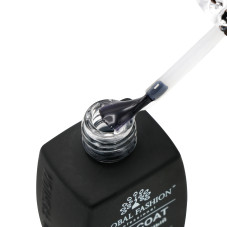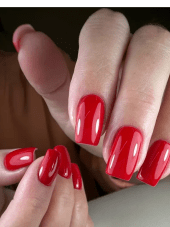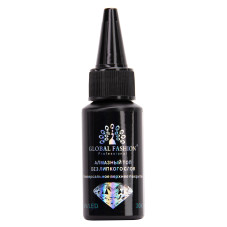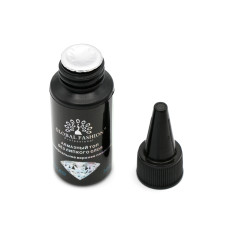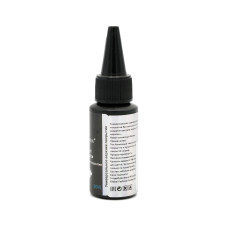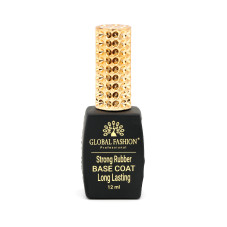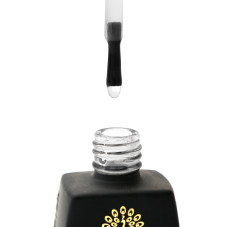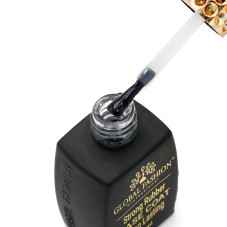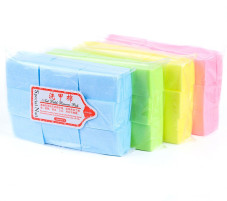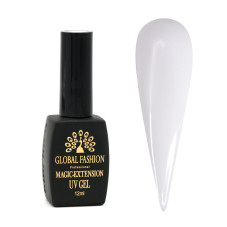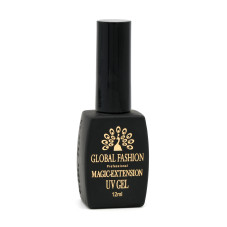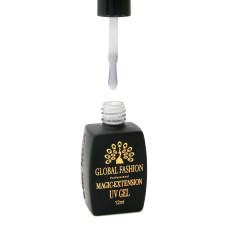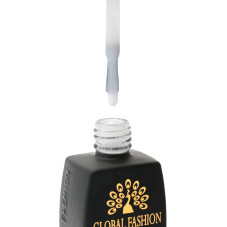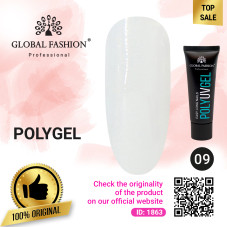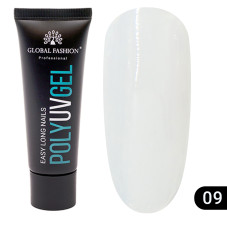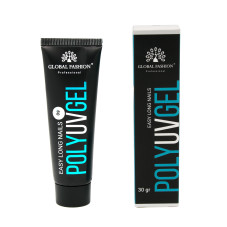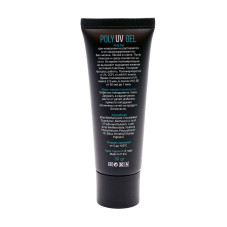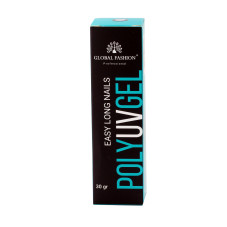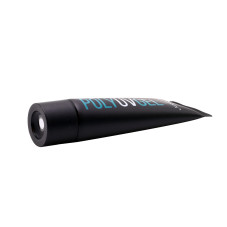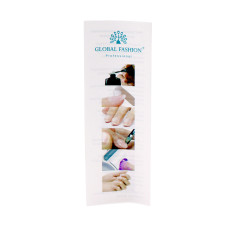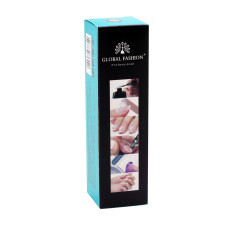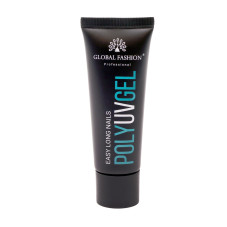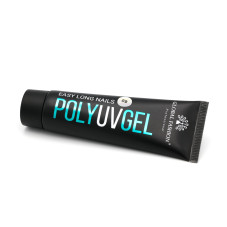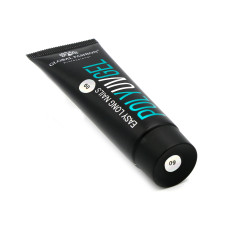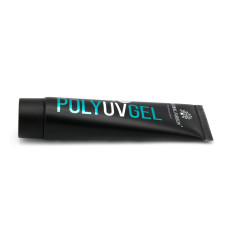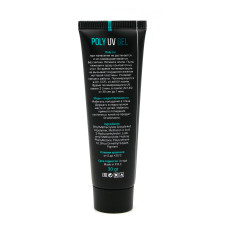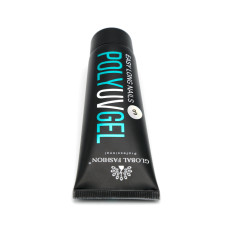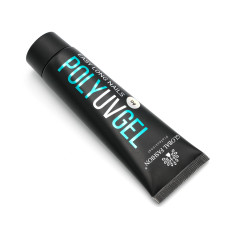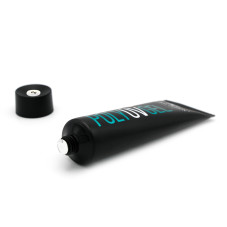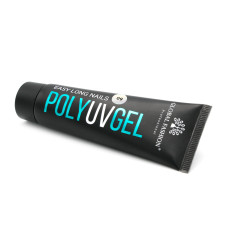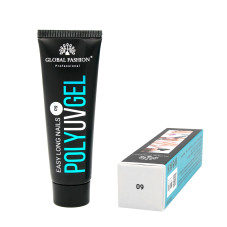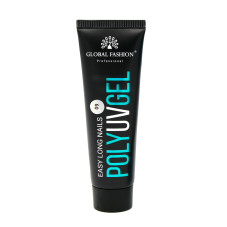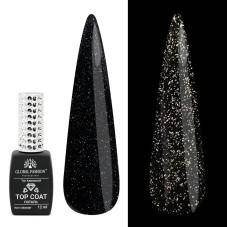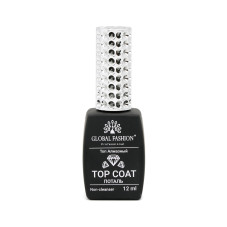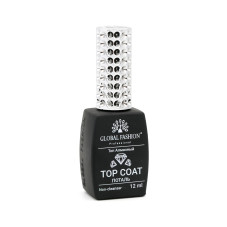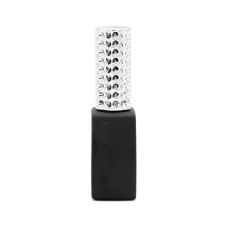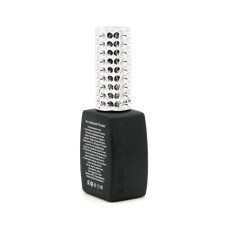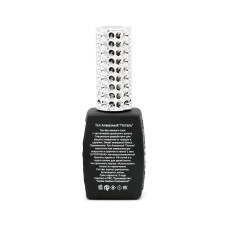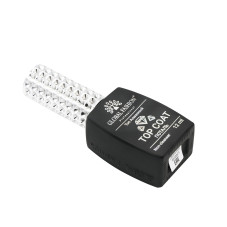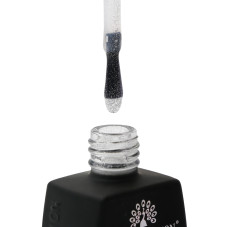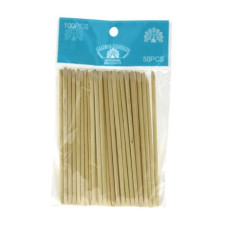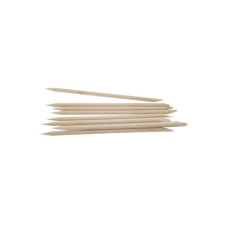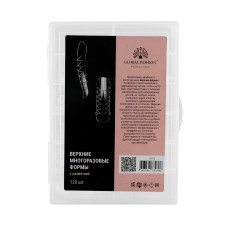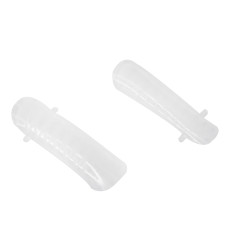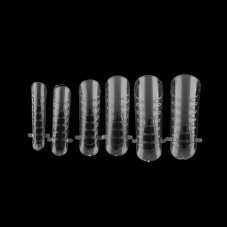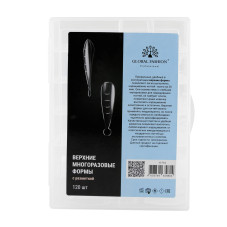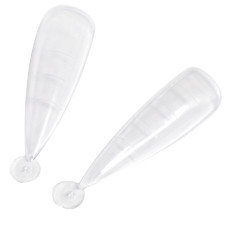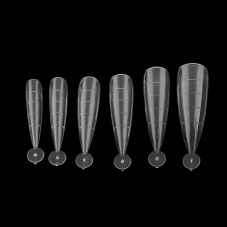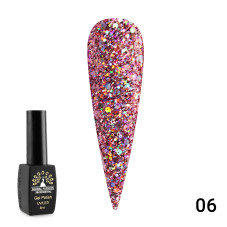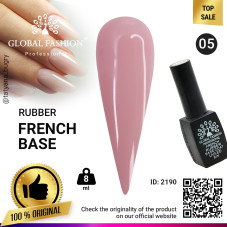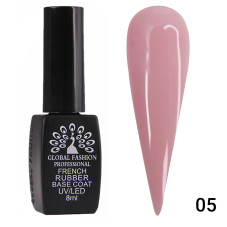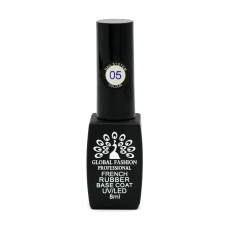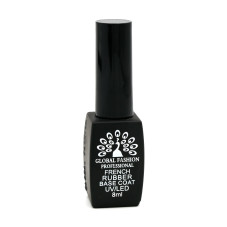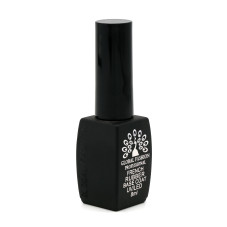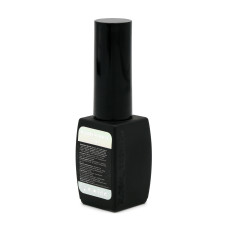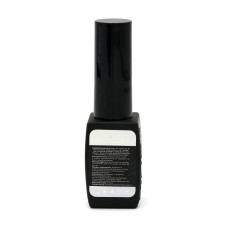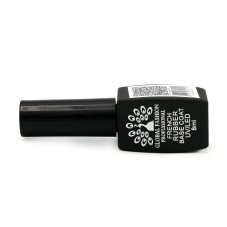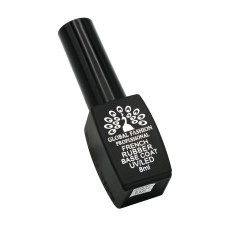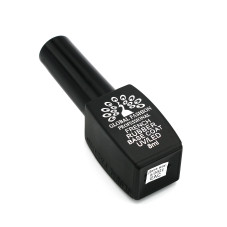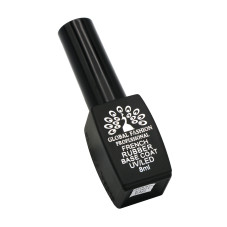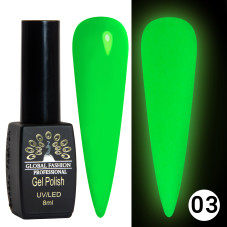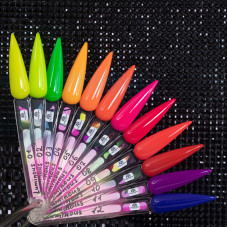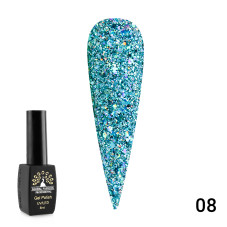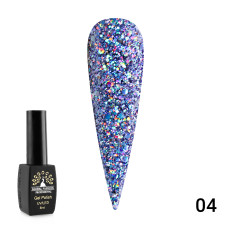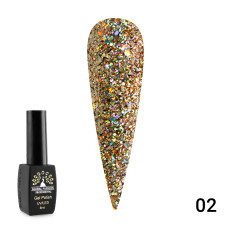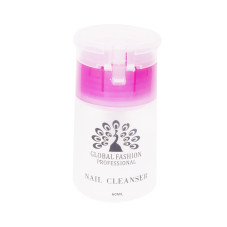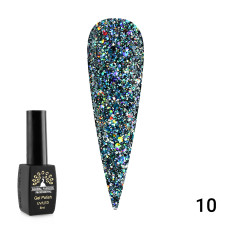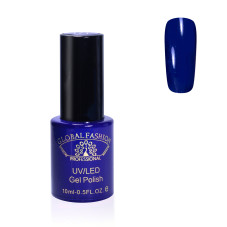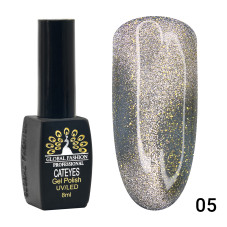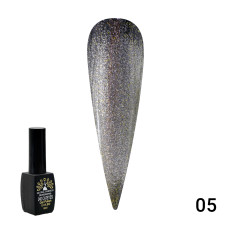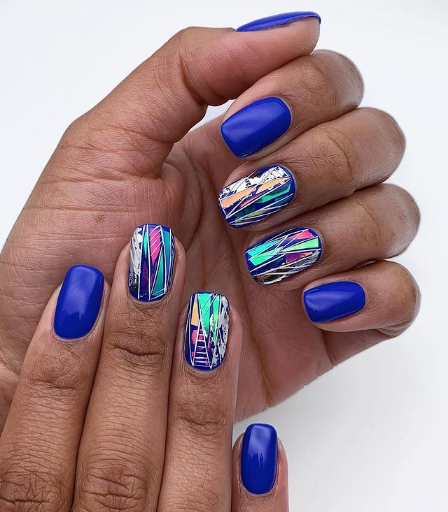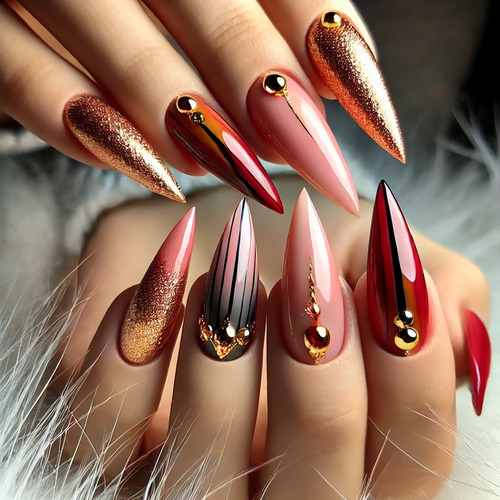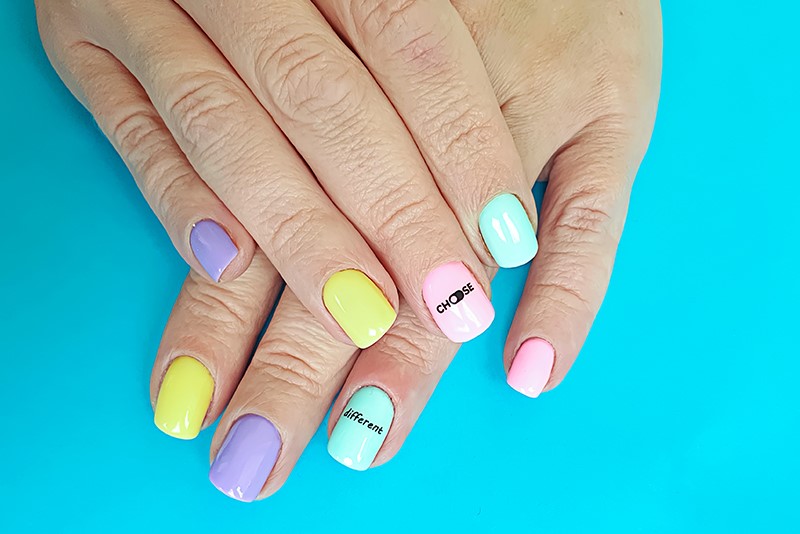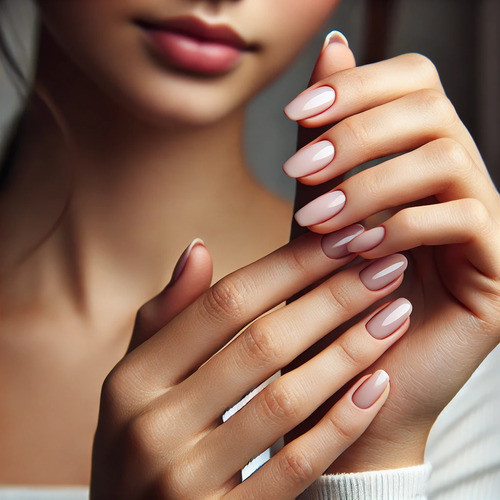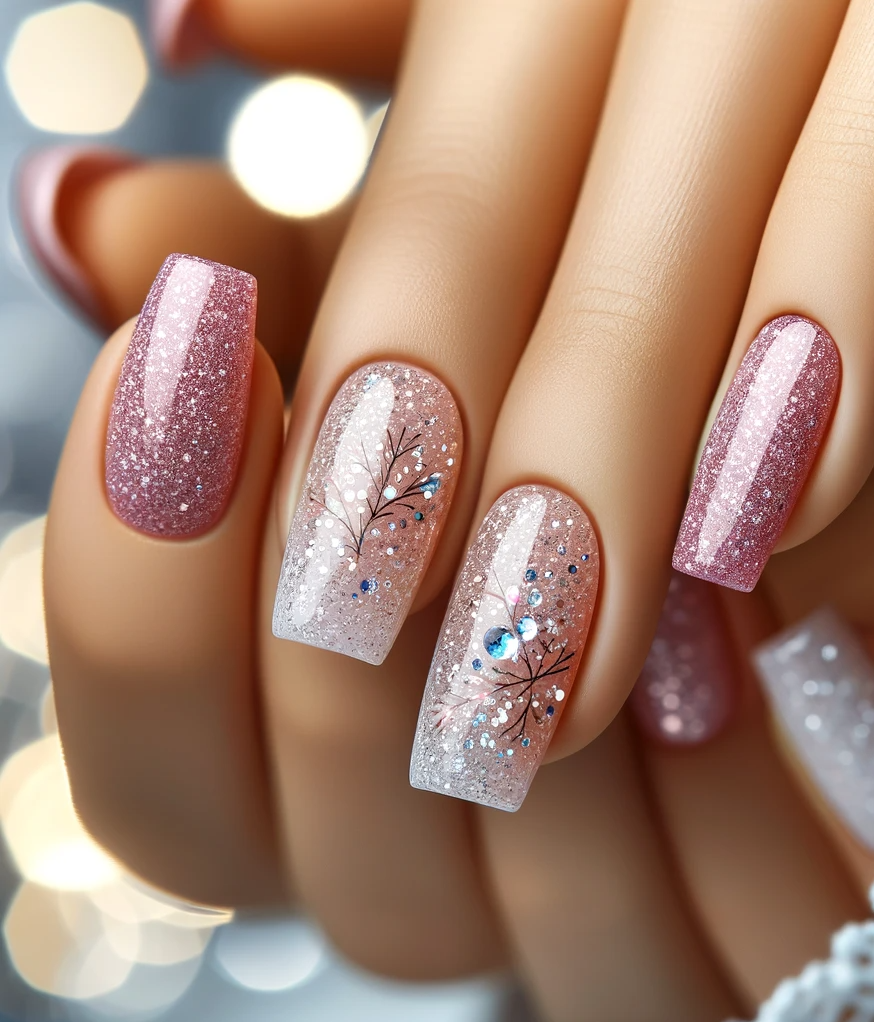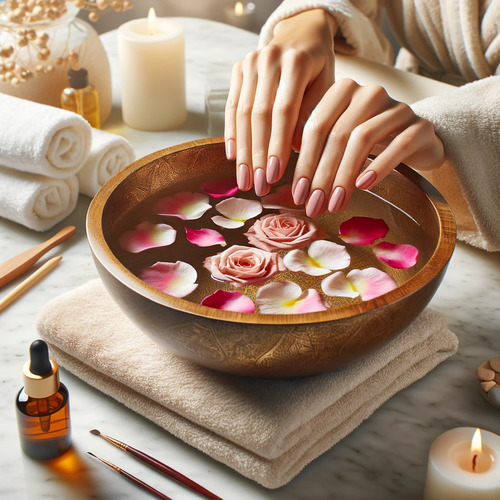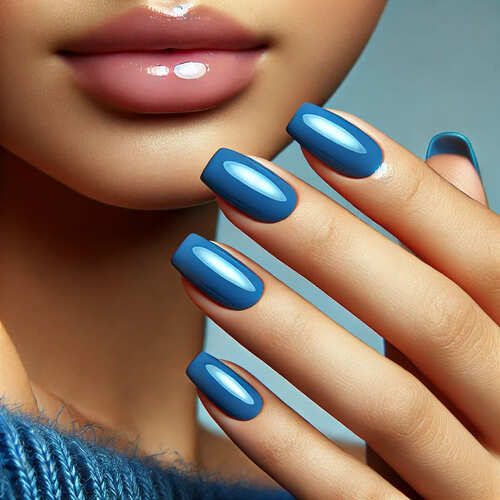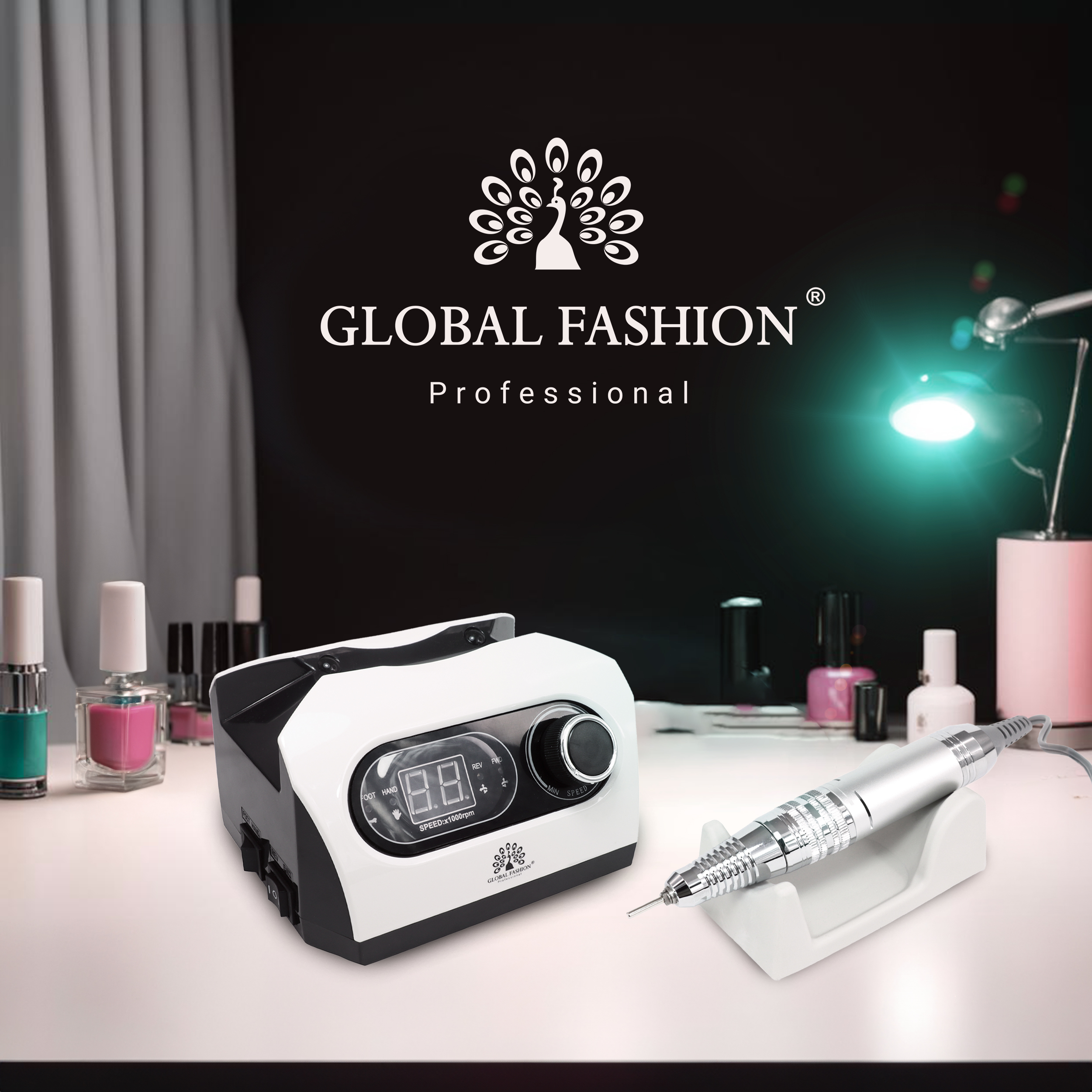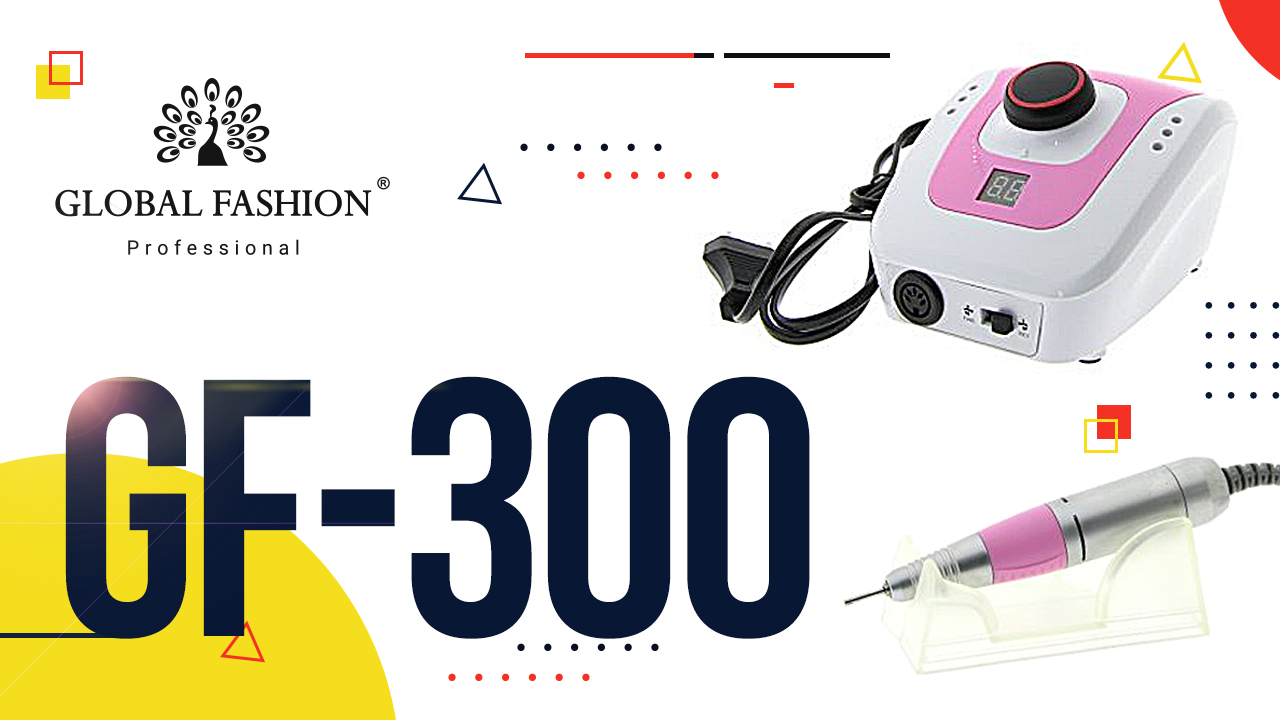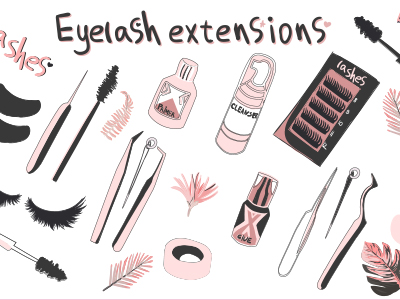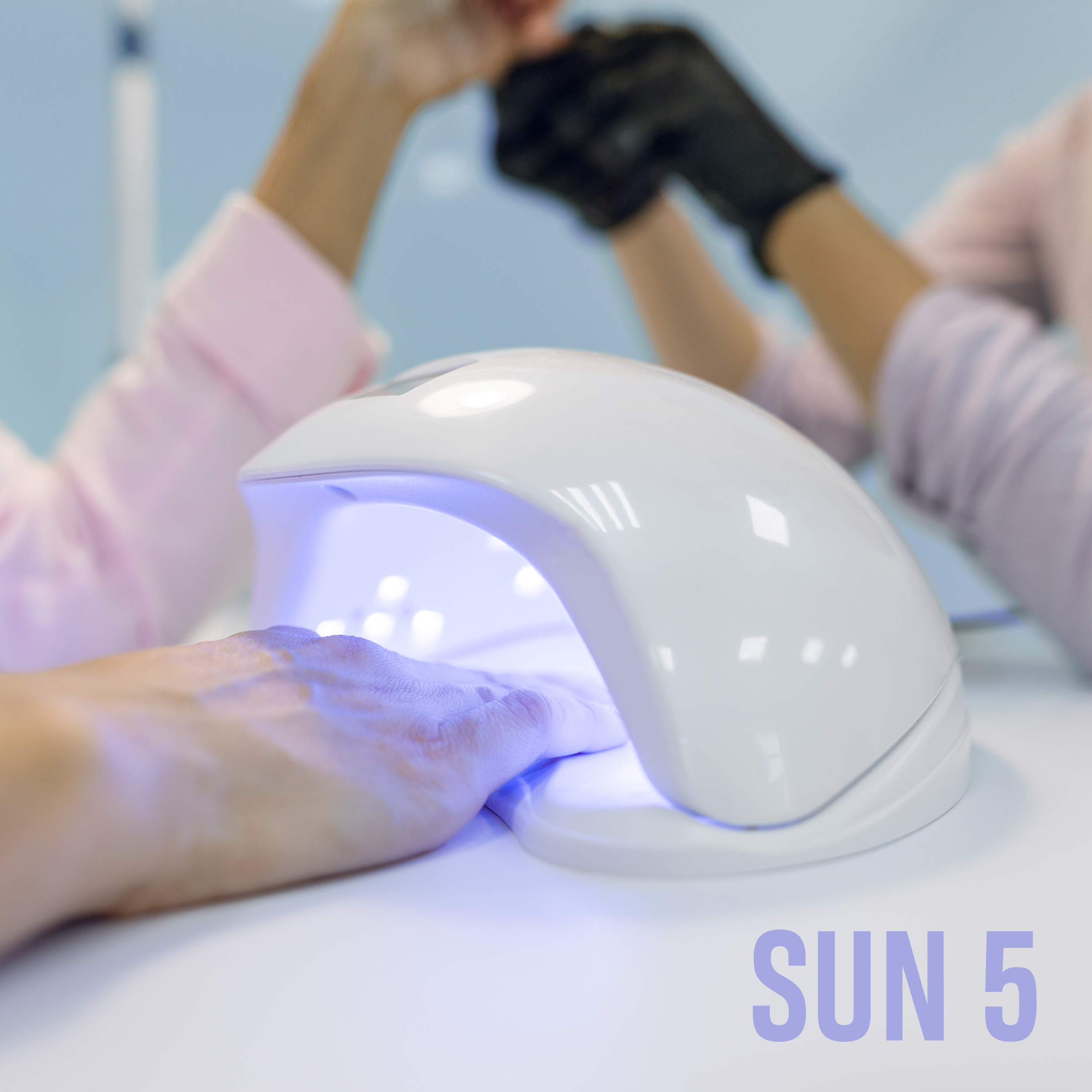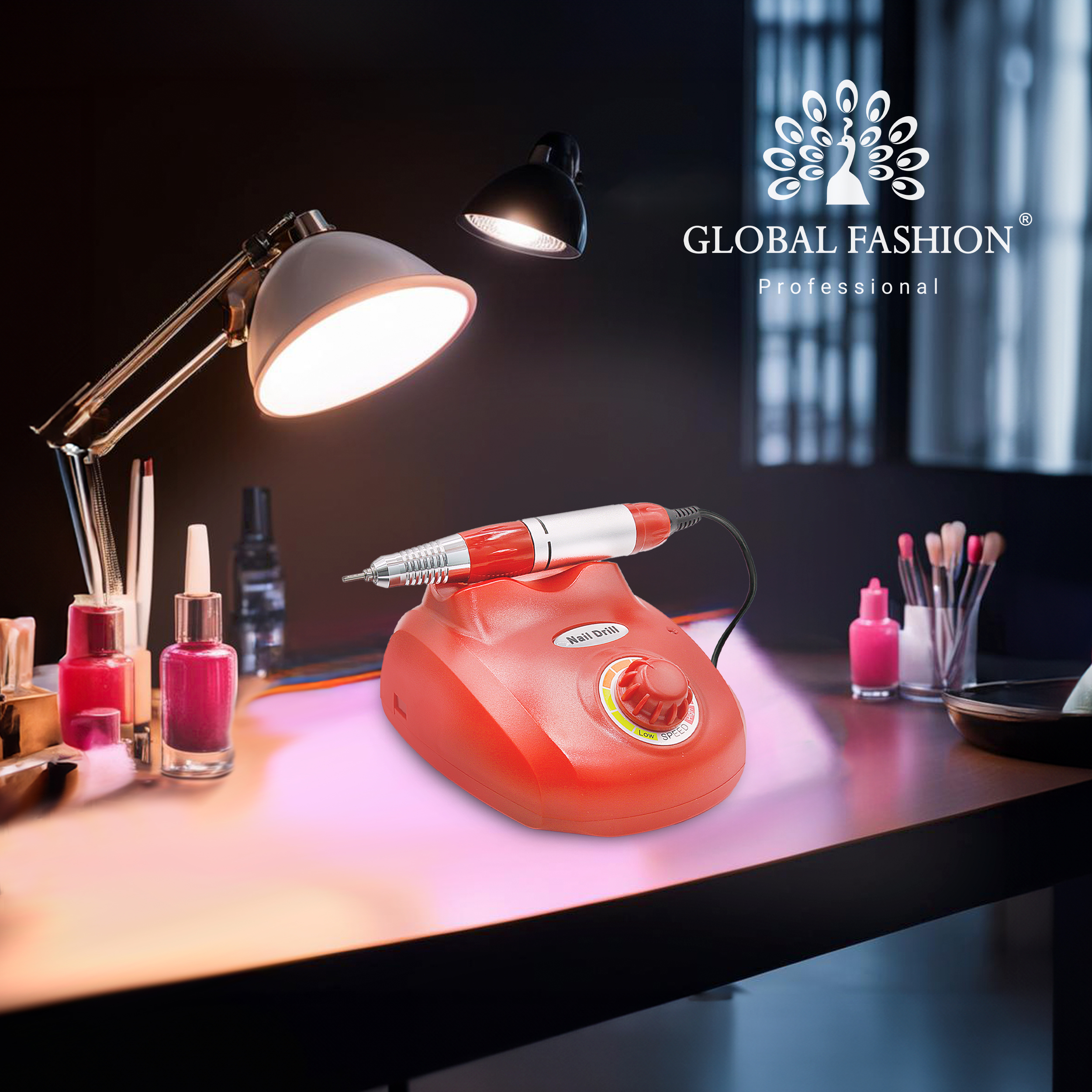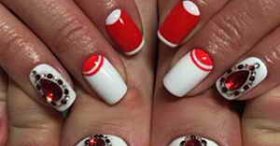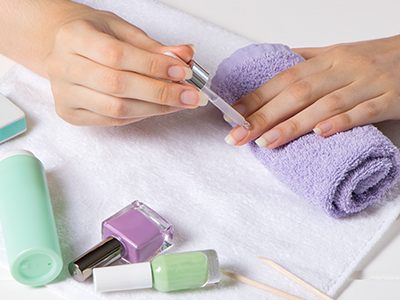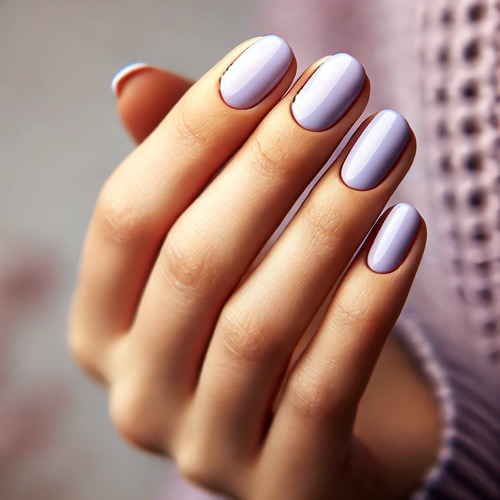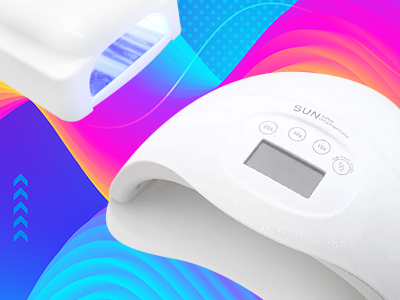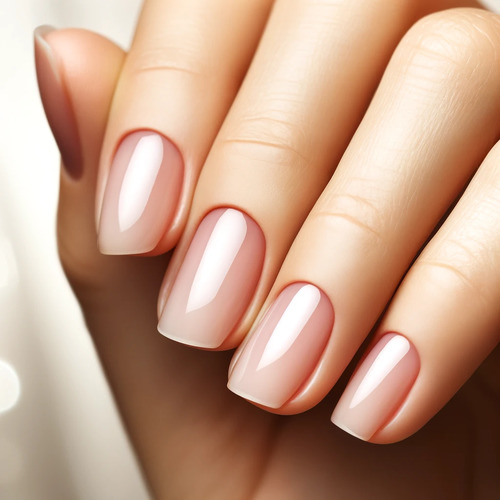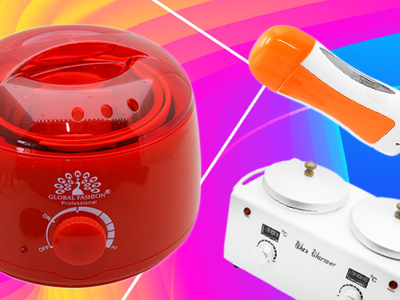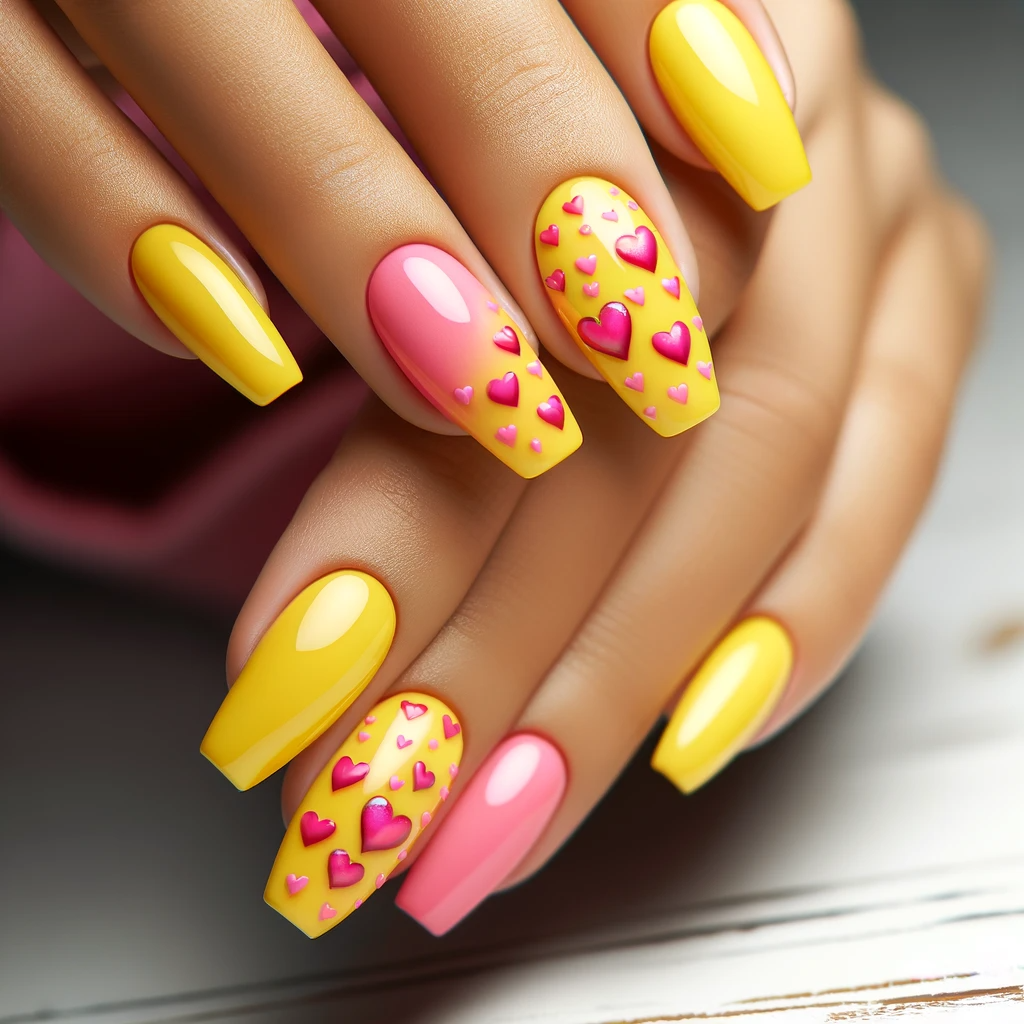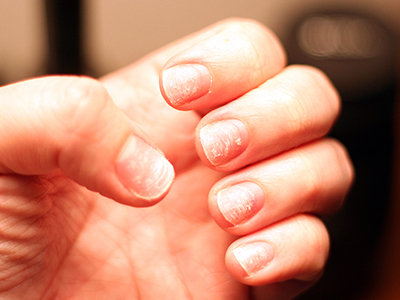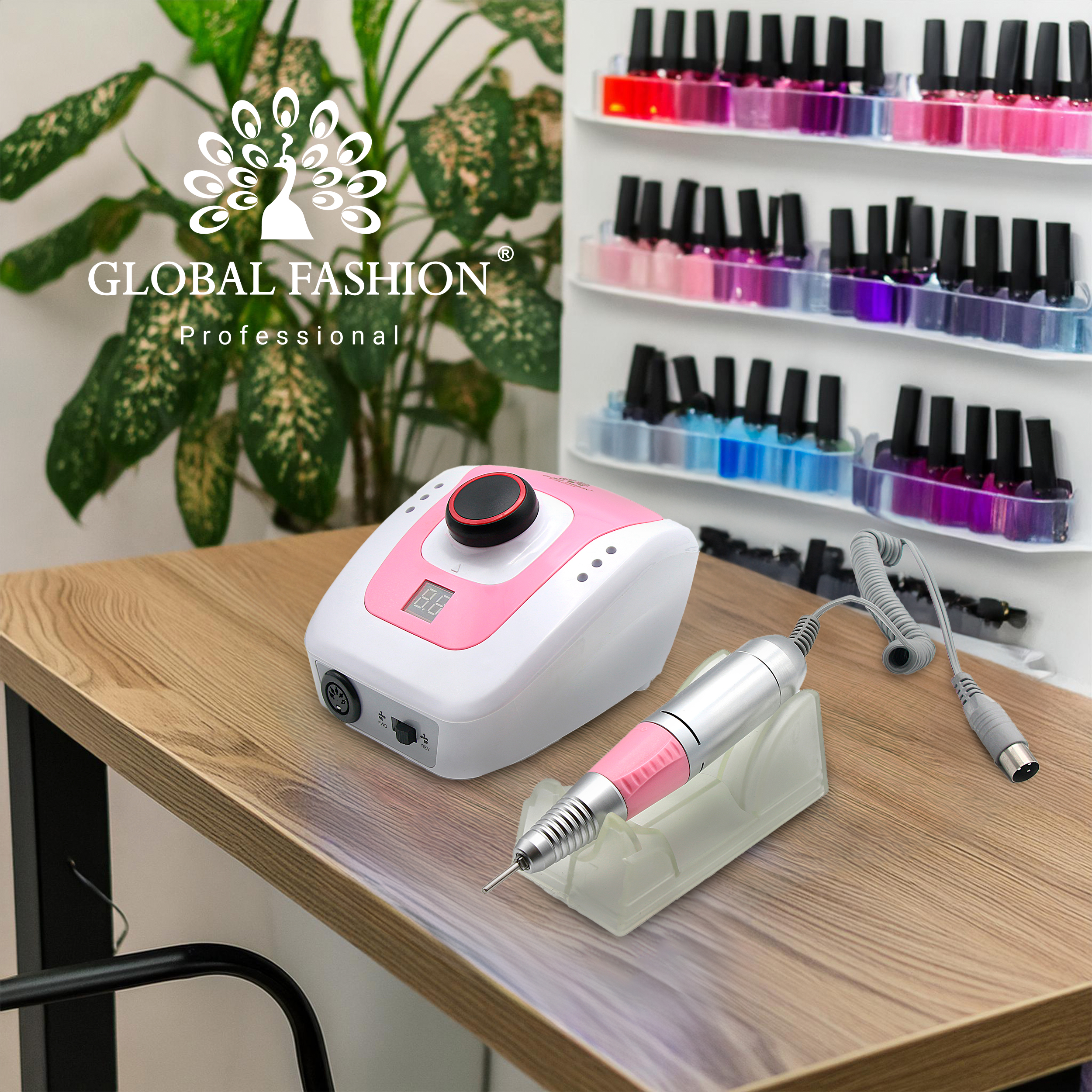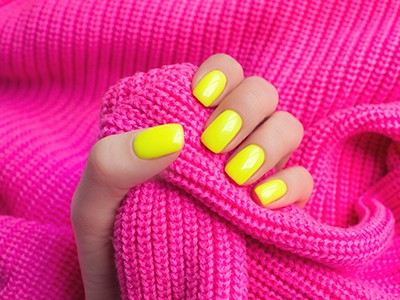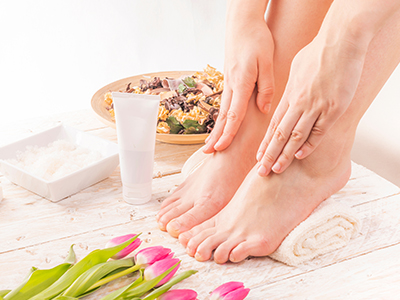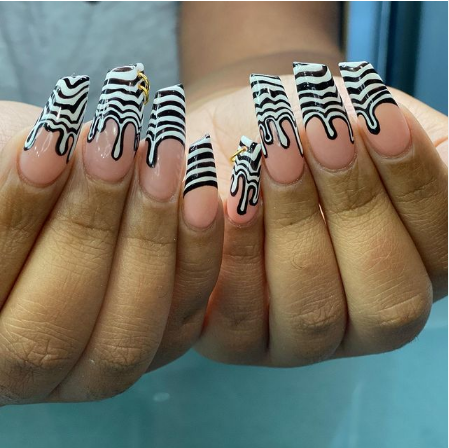Manicure Poucher: types, how to use and how to choose
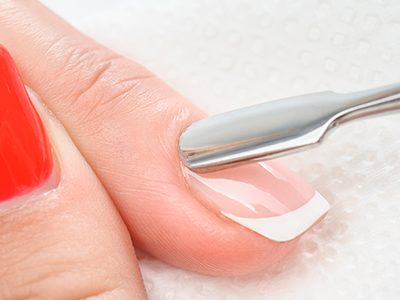
To create a quality manicure, every nail artist should have in his arsenal all the necessary tools. Choosing the right tools not only determines the efficiency of the process, but also the final result of the manicure. One of the key tools in this set is a manicure pusher, also known as a manicure spatula. We are sure that not everyone is familiar with this tool, so we have developed this article especially for you.
What is a manicure pusher
A manicure pusher is an indispensable tool in the nail grooming process, designed to gently push back the cuticle. Its shape combines sharp and flat sides, each of which fulfils its own important function.
The sharp side of the manicure spatula is designed to effectively remove keratinised cells and tiny cuticle debris from the nail plate. This ensures not only cleanliness, but also prepares the nail surface for better nail polish coverage.
The flat side of the pusher is used to gently push back the cuticle while creating an optimal contour of the nail bed. This process not only makes the nails more beautiful, but also helps to care for the area around them, emphasising the natural beauty of the hands.
Types of manicure pushers
Manicure pushers, can be made from a variety of materials including metal, plastics, wood and silicone.
Plastic and wooden pushers
These pushers are certainly softer compared to their metal counterparts, making them ideal for gently working on thin cuticles. However, their advantages are mainly for home use, as they are slightly inferior to their metal counterparts in terms of durability and the ability to disinfect effectively. It is important to note that plastic and wooden manicure spatulas are not effective when working with dried and hard cuticles or rough skin areas.
In beauty salons, plastic and wooden pushers find their use in the role of disposable tools, especially when performing manicure techniques such as European, Japanese and Brazilian manicures. Here, orange sticks with various ends, including blunt and sharp, act as pushers and scrapers, ensuring the accuracy and safety of the nail care process.
Metal pushers
Metal manicure pushers are the ideal choice for professional use and become indispensable when treating even the most difficult cuticles. These pushers are easy to sterilise and disinfect. Experienced nail technicians prefer tools made of stainless medical steel, a special alloy with outstanding characteristics of strength, hardness, wear resistance and elasticity. Despite their high cost, such tools last for decades, ensuring reliability and durability.
It is worth noting that metal tools require special care as they can easily cause injury. Therefore, when working with them, you need skill and care to avoid possible injuries.
Silicone pushers
Manicure spatulas made of silicone successfully combine the advantages of both metal and plastic analogues. Silicone pusher provides a more gentle pushing back of the cuticle, while eliminating the possibility of damage to the nail plate. It should be noted that silicone manicure paddles have a shorter lifespan than metal ones, but they offer unique advantages in nail care.
How to choose a manicure pusher
Choosing the right manicure poucher is an important step to achieve perfect results. Here are some tips to help you make the right choice:
1. Material of manufacture:
- Stainless steel: Stainless steel tools are strong and durable. They are also easy to sterilise, which is important for safety.
- Plastic: Plastic pushers are more delicate to the nail plate.
- Silicone: Silicone pushers are more gentle on the cuticle.
2. Shape of the paddle: There are manicure pushers that differ in width and shape. Narrow spatulas with a shallow notch are ideal for universal use. While tools with a wide rounded or square tip are designed specifically for wider nails.
3. Size:
- Comfortable Grip: The poucher should fit comfortably in your hand, giving you a precise and comfortable touch.
- Tip size: Choose the size of the tip depending on your individual nails and desired results.
4. Brand and quality: Choose well-known and trusted brands to ensure quality materials and durability of the tool.
5. Sterilisation and care: Tools should be resistant to aggressive products.
6. Reviews and testimonials: Before buying, research reviews and testimonials from other manicurists.
7. Price: Expensive tools are not always the best choice. Look for the best value for your money.
Remember that the choice of tool depends on your individual preferences and working style. Try several options to find the one that best suits your needs.
How to use a manicure pusher
1. Preparation: Start by thoroughly cleaning your hands and nails. Make sure your tools, including the poucher, are sanitised.
2. Soften your nail plate: Place your hands in warm water or use a special cuticle softener. This will help make the cuticle more pliable for the procedure.
3. Removing excess skin: Gently lift the cuticle with the tip of the poucher. Gently push the cuticle away from the nail plate, removing excess skin.
4. Cleaning the nail bed: Carefully run the poucher along the nail bed to remove cuticle residue and other debris. This step will help to create a neater and more groomed nail look.
5. Finishing touches: Once the treatment is complete, rinse your hands and nails to remove any residual softener or other products. If necessary, apply moisturiser or oil to the cuticle for extra care.
It is important to disinfect the used poucher after each use to prevent the transmission of infections.
By following these steps, you'll be able to use your manicure pusher safely and effectively, keeping your nails healthy and beautiful.
Don't forget! A poucher is your indispensable assistant for creating a flawless manicure!
Read also: Cuticle oil: effectiveness and how to use it
Published: 18.12.2023 11:50
Times Read: 2281
6692 bought
ID: 3678
275 с
3345 bought
ID: 3688
491 с
2329 bought
ID: 1863
343 с
1494 bought
ID: 11773
196 с
240 bought
ID: 2190
208 с
-15%
194 bought
ID: 11951
196 с
-20%
What is a pedicure and what does it include?
Well-groomed legs should be neat and stylish pedicure. And for the fashionistas still important to be in
